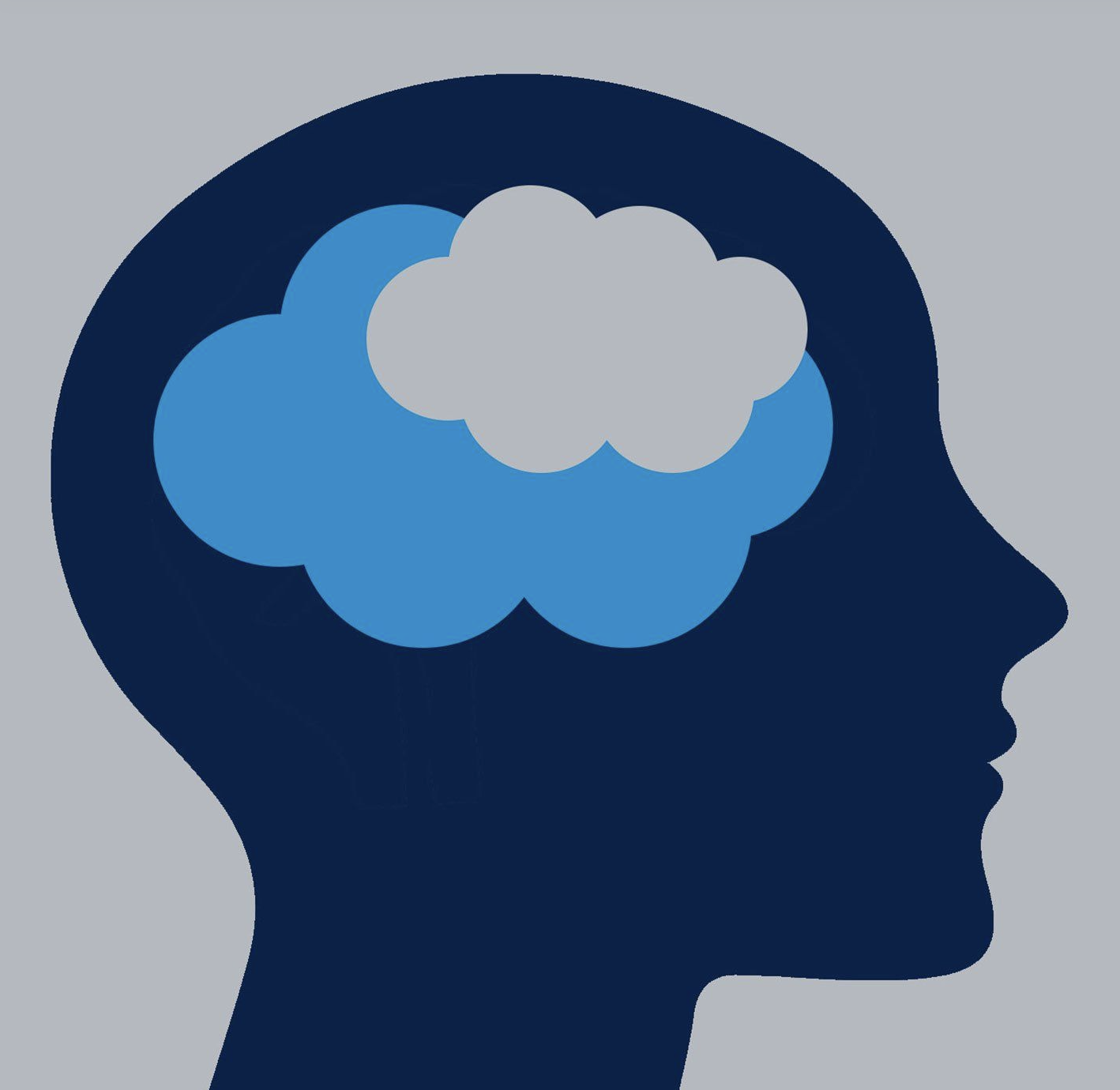 A recently published study from UCSF researchers Dr. Danielle Roubinov, Dr. Brian Don, Dr. Elissa Epel, and Robin Blades investigated bidirectional associations between maternal depression and behavioral problems in their children.
A recently published study from UCSF researchers Dr. Danielle Roubinov, Dr. Brian Don, Dr. Elissa Epel, and Robin Blades investigated bidirectional associations between maternal depression and behavioral problems in their children.
The researchers employed the Inventory of Depressive Symptoms and the Child’s Challenging Behavior Scale to study maternal depression and child behavioral problems in 86 mother-child dyads across a span of 18 months. Study findings illuminated that about 50% of mothers of children with autism spectrum disorder (ASD) had elevated levels of depressive symptoms when compared to mothers of neurotypical children. In response, the researchers emphasized the importance of mental health support at the family level for families of children with ASD. In an interview with the UCSF News Center, Dr. Elissa Epel added that “Given the effects of chronic stress on health and mood, caregiving parents need extraordinary emotional support in addition to the special services for their child...It’s as vital to provide support for parents’ mental health as it is for children’s mental health.”
However, the study also found that maternal depression was not predictive of child behavioral problems.
“The finding that maternal depression does not lead to worsened child symptoms is especially important for mothers of children with ASD to help alleviate guilt many mothers feel about their children’s diagnosis and behavior problems,” said Roubinov. “We hope these findings will reassure mothers that it’s both common to struggle with some depression in this high-stress situation of chronic caregiving, and that their depression likely isn’t making their child’s behavioral issues worse.”
For more, read the full study from Family Process here.
From US News.



